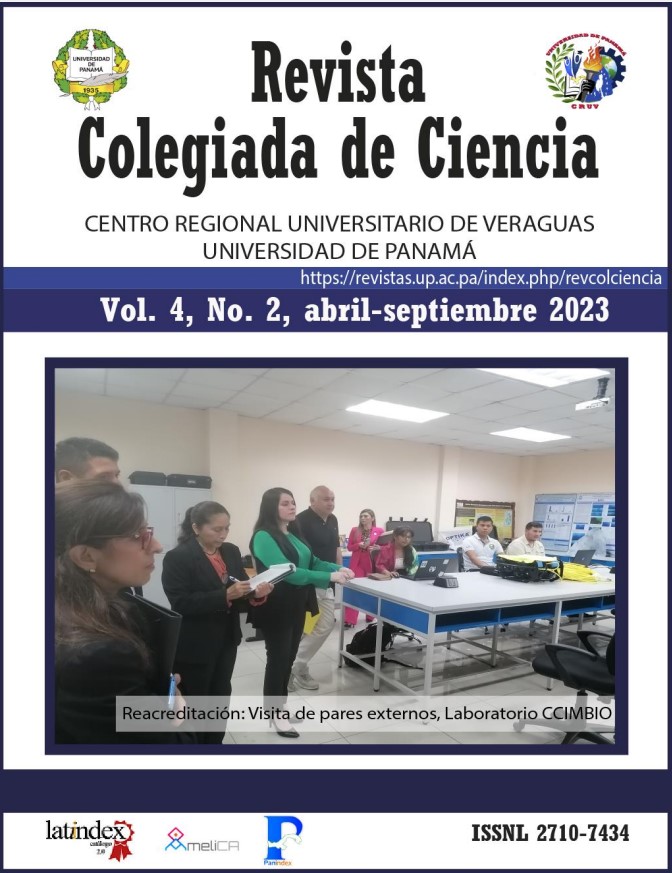

The approach to teaching mathematics has traditionally been focused on transmitting knowledge, which apparently does not present difficulties for student with numerical skills. However, it is evident that many students show rejection or aversion to mathematics because they consider it complex and difficult to understand. The problem of understanding mathematics transcends the simple mechanical study and memorization of concepts. Students of Educational Psychology, Pedagogy, and specifically of Didactics, have researched the problem of the lack of understanding and the need to implement didactic strategies that favor the development of metacognitive skills that facilitate mathematical, arithmetic, and geometric comprehension in such a way as to overcome obstacles derived from traditional teaching practices, rooted in the training of teachers and that is manifested in their teaching performance. The literature consulted reveals the need of providing mathematics teachers witch psycho-pedagogical and didactic tools that will allow them to improve their teaching- learning processes and contribute to the positive increase in the academic results of the students of mathematics who will progressively achieve understanding and develop thinking skills. In addition, it will help promote optimal understanding and reach the development of a gradual and motivating process, at the level of acquiring problem-solving skills. This article suggests the search for new and better ways of teaching and learning mathematics, the teacher’s commitment to activating the student’s mind and promoting analytical and critical thinking and emphasizing the understanding of mathematical language in its various forms. This makes students more active and involved in the construction of significant knowledge, which favors communication and improves academic performance to make the development of problem- solving skills evident.